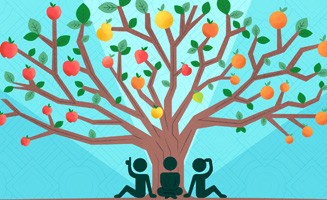
Transforming the Future Seminar: Futures Literacy in Latin America
Futures Literacy, a capability which consists in better using the future to understand the present by revealing our anticipatory assumptions, remains key to addressing and contextualizing the Future of Latin America.
UNESCO as a pioneering force in the development of Futures Literacy worldwide since 2012 will organise this masterclass at UNESCO Headquarters in Paris, on 13 June 2019, in Room VI. H.E. Ms Alejandra De Bellis, Ambassador of the Eastern Republic of Uruguay to UNESCO, will briefly introduce our guest speaker, Ms Lydia Garrido, anthropologist and UNESCO Chair in Futures Literacy for Resilience and Sustainability.
As a sociocultural anthropologist for the South American Institute for Resilience and Sustainability Studies (SARAS), Ms Lydia Garrido identifies Futures Literacy as a milestone in our understanding of and approach to social change. She will target three items: education, innovation and cultural heritage.
When addressing social change, targeting decision-making is inevitable. The latter is often reduced to a selection of options to customise our menu. If we were to change the frame of our decision-making processes, we could then ‘see’ -discover/create- alternatives to both the options and the menu. This is precisely what Futures Literacy as a capability is about: opening up alternatives for decision-making, reframing the way we see the present, while strengthening our capacity to approach problem-solving, to be creative and to learn. This is further explained in UNESCO-Routledge joint publication, 'Transforming the Future: Anticipation in the 21st Century' (2018), available online for free.
SARAS is also the UNESCO Chair in Futures Literacy for Resilience and Sustainability.
